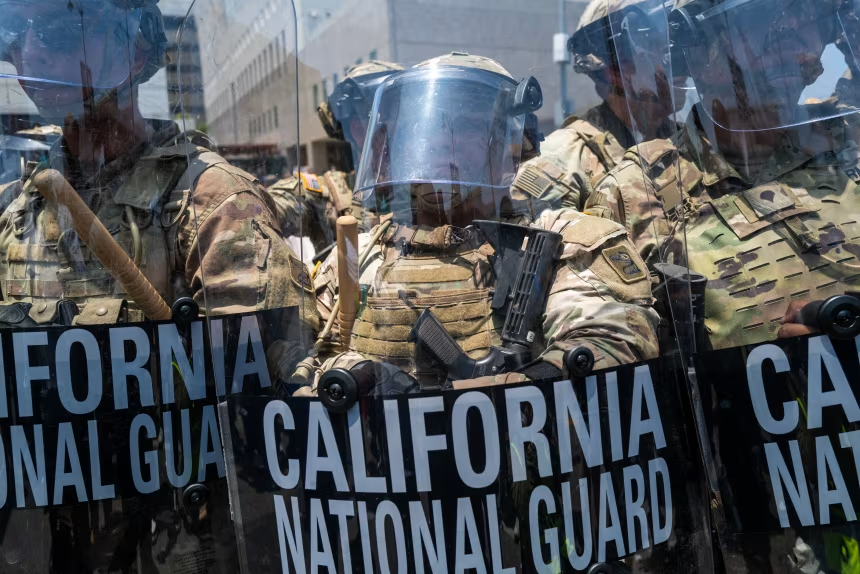California has taken a groundbreaking step in law enforcement reform by passing a new law that bans officers from covering their faces during operations. Signed by Governor Gavin Newsom, the measure will take effect in January 2026 and makes California the first state in the nation to prohibit most forms of masking by police and federal immigration agents while on duty.
The law, widely referred to as the No Secret Police Act, prohibits the use of ski masks, balaclavas, neck gaiters, and other coverings that hide identity. It requires officers to display names or badge numbers during enforcement activities. Exceptions exist for undercover work, tactical gear in dangerous operations, and health related masks such as N95s.
Supporters say the move is aimed at strengthening accountability and rebuilding trust between communities and law enforcement. The push gained momentum after recent immigration raids in Los Angeles where masked federal agents carried out arrests, drawing criticism and sparking fears among immigrant families. Advocates argued that such practices created a sense of intimidation and secrecy that eroded confidence in the system.
Critics, including the Department of Homeland Security, say the law could put officers at risk. They argue that masks protect agents from harassment, retaliation, and public exposure, especially in the age of social media. Legal experts also predict challenges ahead, with questions over whether California has the authority to enforce such restrictions on federal personnel.
The law comes as part of a broader package of measures designed to safeguard immigrant rights and promote transparency. New rules will restrict immigration agents from entering schools or hospitals without a judge’s order and require parental notification if federal agents appear on school grounds.
For many Californians, the legislation represents a step toward visibility and fairness in policing. For law enforcement, it introduces new challenges about balancing safety and public trust. As the nation watches, California has once again positioned itself as a testing ground for bold policies that could influence the future of law enforcement across the United States.



